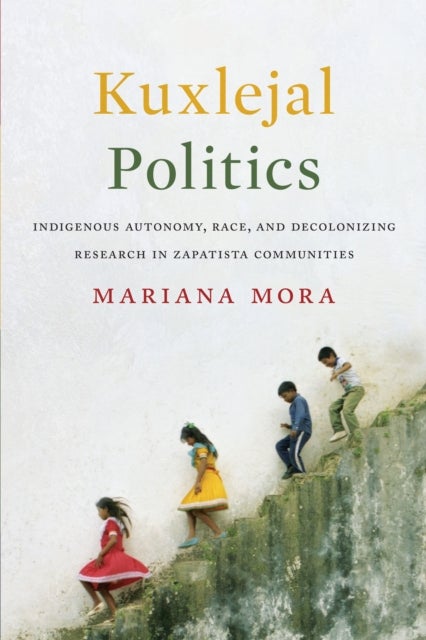
Kuxlejal Politics av Mariana Mora
399,-
<P>Over the past two decades, Zapatista indigenous community members have asserted their autonomy and self-determination by using everyday practices as part of their struggle for <I>lekil kuxlejal</I>, a dignified collective life connected to a specific territory. This in-depth ethnography summarizes Mariana Mora’s more than ten years of extended research and solidarity work in Chiapas, with Tseltal and Tojolabal community members helping to design and evaluate her fieldwork. The result of that collaboration—a work of activist anthropology—reveals how Zapatista <I>kuxlejal</I> (or life) politics unsettle key racialized effects of the Mexican neoliberal state.</P><P>Through detailed narratives, thick descriptions, and testimonies, <I>Kuxlejal Politics</I> focuses on central spheres of Zapatista indigenous autonomy, particularly governing practices, agrarian reform, women’s collective work, and the implementation of justice, as well as health and education project








